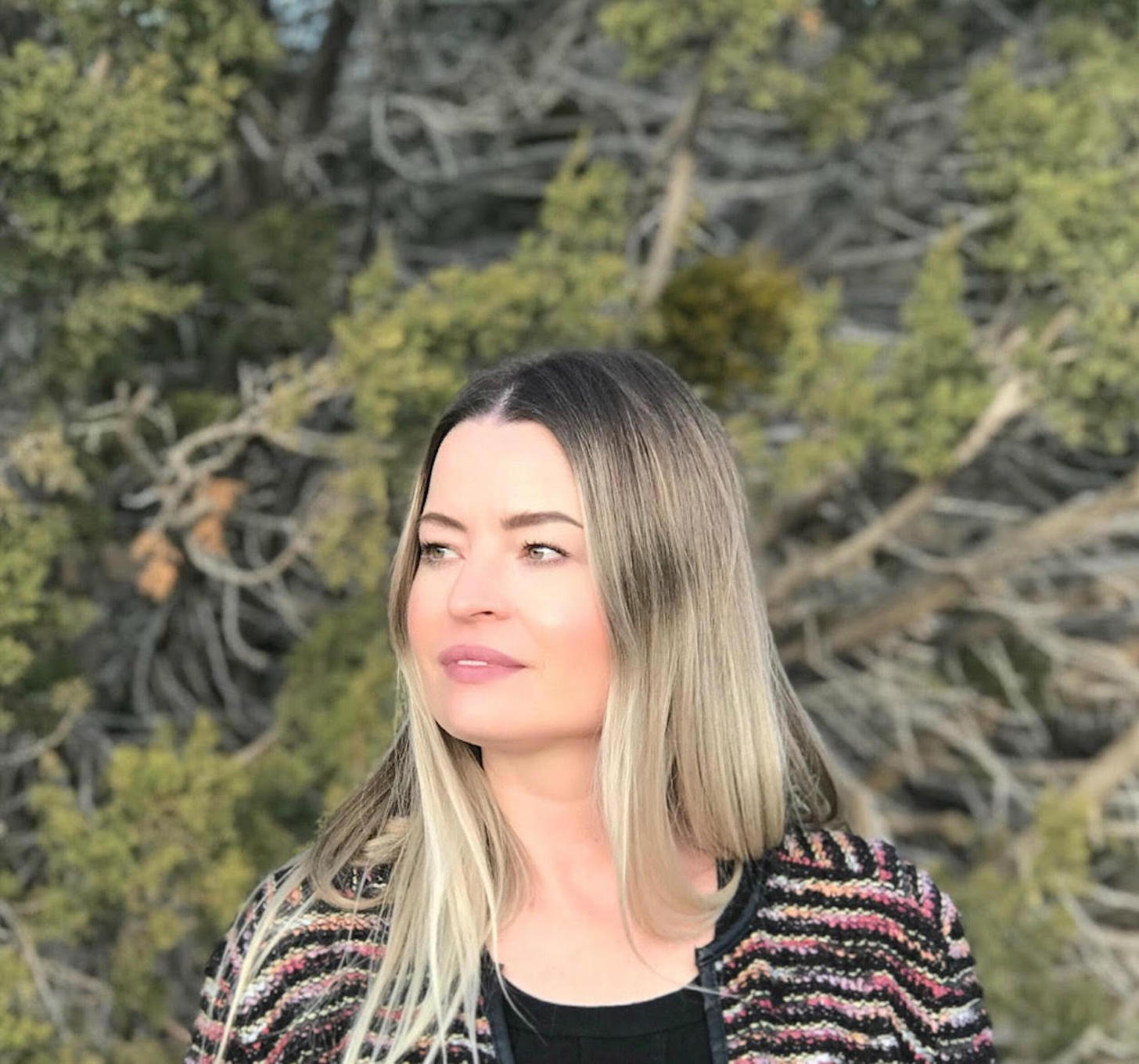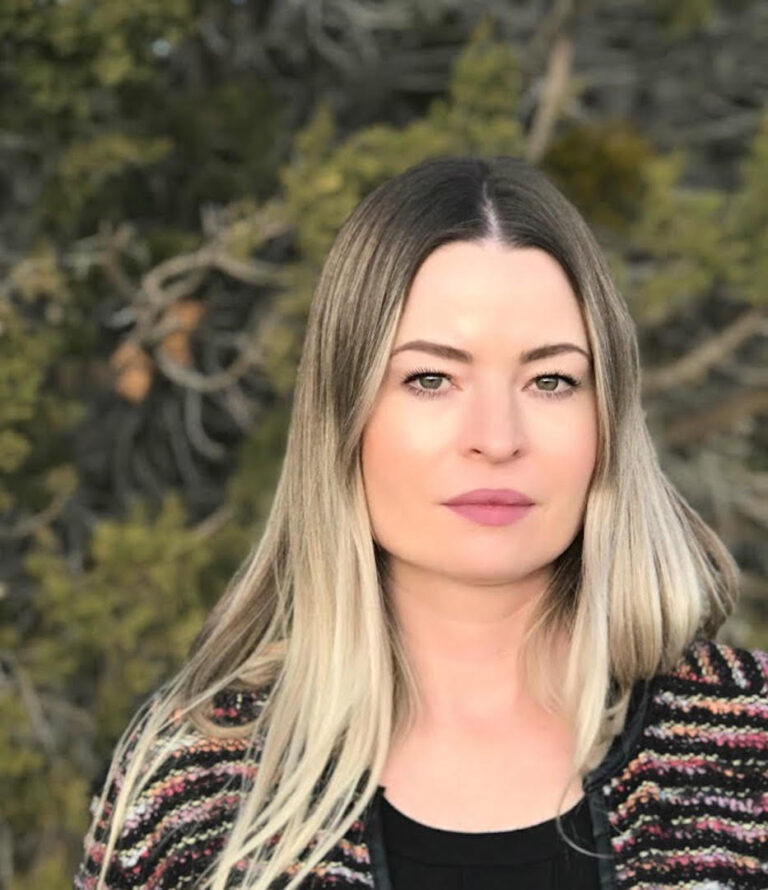Arts Interview: Chelsea Bunn
Chelsea Bunn Unpacks The Power Of Poetry


Poet Chelsea Bunn hosts reading at South Broadway Library
Courtesy of Chelsea Bunn
Latest Article|September 3, 2020|Free
::Making Grown Men Cry Since 1992


Poet Chelsea Bunn hosts reading at South Broadway Library
Courtesy of Chelsea Bunn


